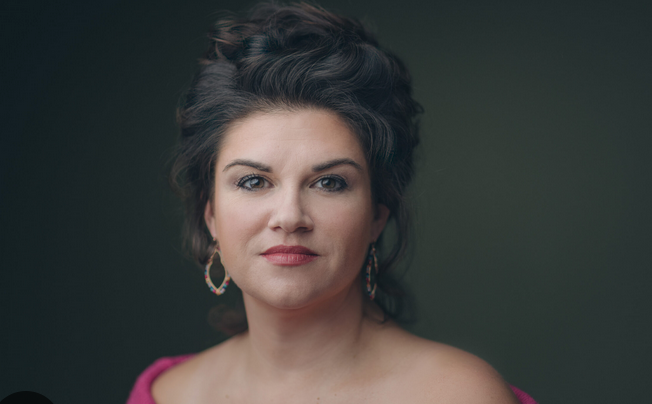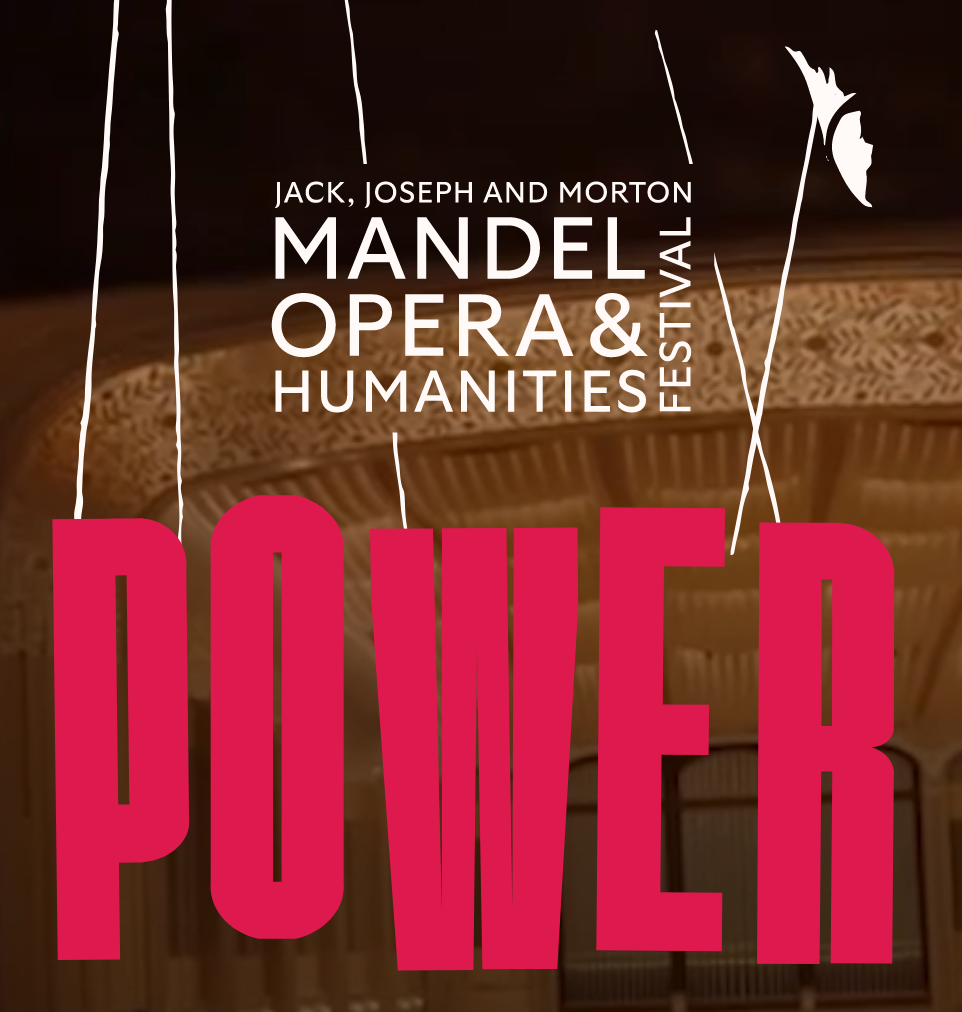Since its premiere on September 30, 1791 in Vienna, Mozart’s The Magic Flute, with a libretto by Emanuel Schikaneder, has become regarded as one of the greatest operas ever written. Its enchanting story about the search for truth and reason, love and enlightenment, and how power is used for good or evil purposes continues to enthrall audiences around the world.
On Thursday, May 16 at 7:00 pm at Severance Music Center, The Cleveland Orchestra will present Mozart’s timeless tale under the direction of Nikolaus Habjan as part of The Mandel Opera and Humanities Festival. Franz Welser-Möst will lead the Orchestra and a cast that includes Julian Prégardien (Tamino), Ludwig Mittelhammer (Papageno), Christina Landshamer (Pamina), Kathryn Lewek (Queen of the Night), and Tareq Nazmi (Sarastro).
Sung in German with English supertitles, performances will continue on Saturday the 18th and Friday the 24th at 7:00 pm, and Sunday the 26th at 3:00 pm. Tickets are available online. Click here to see the full schedule of the Festival.
I caught up with the Queen of the Night, Kathryn Lewek, by Zoom.
Mike Telin: You’ve sung the role hundreds of times and you hold the record for most performances in the role at the Metropolitan Opera. I understand that you were originally advised not to sing the role, so what was behind that advice and what caused you to ignore it?

A year and a half before that, I was at the Music Academy of the West in Santa Barbara, California. And when I was there — fresh out of conservatory — my technique improved, and some of the shadier spots in my range that were difficult for me to let resonate kind of started to even out.
At the end of the summer program in Santa Barbara, there was a gala fundraiser and I was asked to sing a little lick from Queen of the Night. And I thought, well, I’ve never done that before, but I think I could. So why not? It’s for a good cause, right?
So I did it, and after that Marilyn Horne took me aside and said, okay but never actually sing this. Looking back, I think maybe that was her way of saying, I know that there’s so much more to your instrument than just high Fs. And she recognized that.
And sure enough, since I took my first professional Queen of the Night in Germany, it’s been really hard to bust out of that pigeonhole. There are so many other things that I have sung and that I want to sing. So I think that it was sound advice that I didn’t take. But at the same time, you go where life takes you and Queen of the Night certainly has taken me to a lot of places.
MT: The Queen of the Night is an iconic character with an iconic aria — people who don’t know opera still know Queen of the Night.
KL: Yeah, from commercials and stuff like that.
MT: Exactly. But since you’ve had a lot of time to think about the character, is she more than just revengeful?
KL: That’s an interesting question that I can’t really answer because it totally depends on the production. And because we’re so early on in the process with this production, I can’t tell you what she’s going to be.
I got a little bit of a hint yesterday at our music rehearsal with Maestro that his feelings about her are very much in line with sort of my gut feeling about the character, which is that she’s a desperate woman living in a man’s world. She is just trying to get her daughter back, and in doing so she makes some bad choices. But don’t we all at times make bad choices? Although I hope I never tell my daughter to kill someone.
With every character I always need to find the line that crosses between me and the person that the character is. And it’s a lot easier with characters that I identify with more, but I certainly can identify with being a woman living in a man’s world — even though society has come so far, even in my lifetime. I was born in the ‘80s, so I understand the mindset that there are certain things women do, and certain things men do, especially in a domestic kind of situation.
I feel fortunate that my partner in life — my husband, Zach, who’s also a singer — is extremely supportive. In our parenting journey with our two kids, who are ages two and five, he’s really been more of the hands-on parent and I’ve been more the career-oriented person in our relationship. So I feel really lucky that I’m with somebody who doesn’t just support equal rights, but really is forward-thinking in that we have to lift women up in order to get that sense of equality.
MT: You’re very fortunate to have Zach, and I agree with him. Back to Magic Flute, why do you think the opera is so popular?
KL: First of all, it’s first-rate music. Mozart’s music is perfect, like it just came out of him exactly the way that it should be. And it’s amazing because sometimes Mozart’s music takes you to a place that you never expected, but when you think about it, it’s like, how could it have been any other way?
I think Mozart’s music is wonderful for the brain and for the spirit, which of course is a widely known and shared opinion. On top of that, it’s highly malleable. I think about why my children like certain toys like Play-Doh or crayons — it’s because they can express their creativity, which can morph basically with whatever they are feeling.
And that’s the nature of The Magic Flute — it can be whatever the director wants it to be. So it’s not just because people love Mozart and love The Magic Flute, it’s also because directors love to direct it.
I’ve done somewhere between 30 and 35 different productions of it, and none of them are alike, although they may have things in common. Some tend to be a little bit more fairytale-like, some are more modern, and some more realistic. And the new Simon McBurney production at the Met is like a psychological thriller.
There’s just so many possibilities, and people are willing to see different interpretations. That’s why last season at the Met, there were two different productions of Magic Flute happening at the same time, which is an amazing thing in and of itself. There was the Julie Taymor, which has been a longstanding tradition, especially at the holidays. And we had the premiere of the new Simon McBurney production, and both will come back next season.
MT: Changing gears, what made you want to become an opera singer?
KL: I was an instrumentalist first, a pianist. And music was always a big part of my family. My mother was a music teacher. My grandmother was a singer. And as a kid, I grew up about two hours outside of New York City, and my mother used to take me to Broadway shows.
And even though my love of the piano kind of solidified my love of classical music, I also had so many other interests. I took acting classes, and I loved going to see Broadway shows, and I loved to sing for fun. And there was a magical convergence of moments when I was around 15 years old, when I started working with a new music teacher who humbly suggested that I learn Cherubino’s aria “Voi che sapete” from Marriage of Figaro.
I thought, opera, oh how boring. I like musical theater — it’s in English and it sounds more fun. And I tell you, I started working on that and I never brought him any musical theater after that. I was like, okay, bring it on. Show me this world that you just opened up my eyes to and I couldn’t get enough of.
But professionally, Queen of the Night was a wonderful place for me to start. It really helped my career blossom into what it is.
Published on ClevelandClassical.com May 13, 2024
Click here for a printable copy of this article




